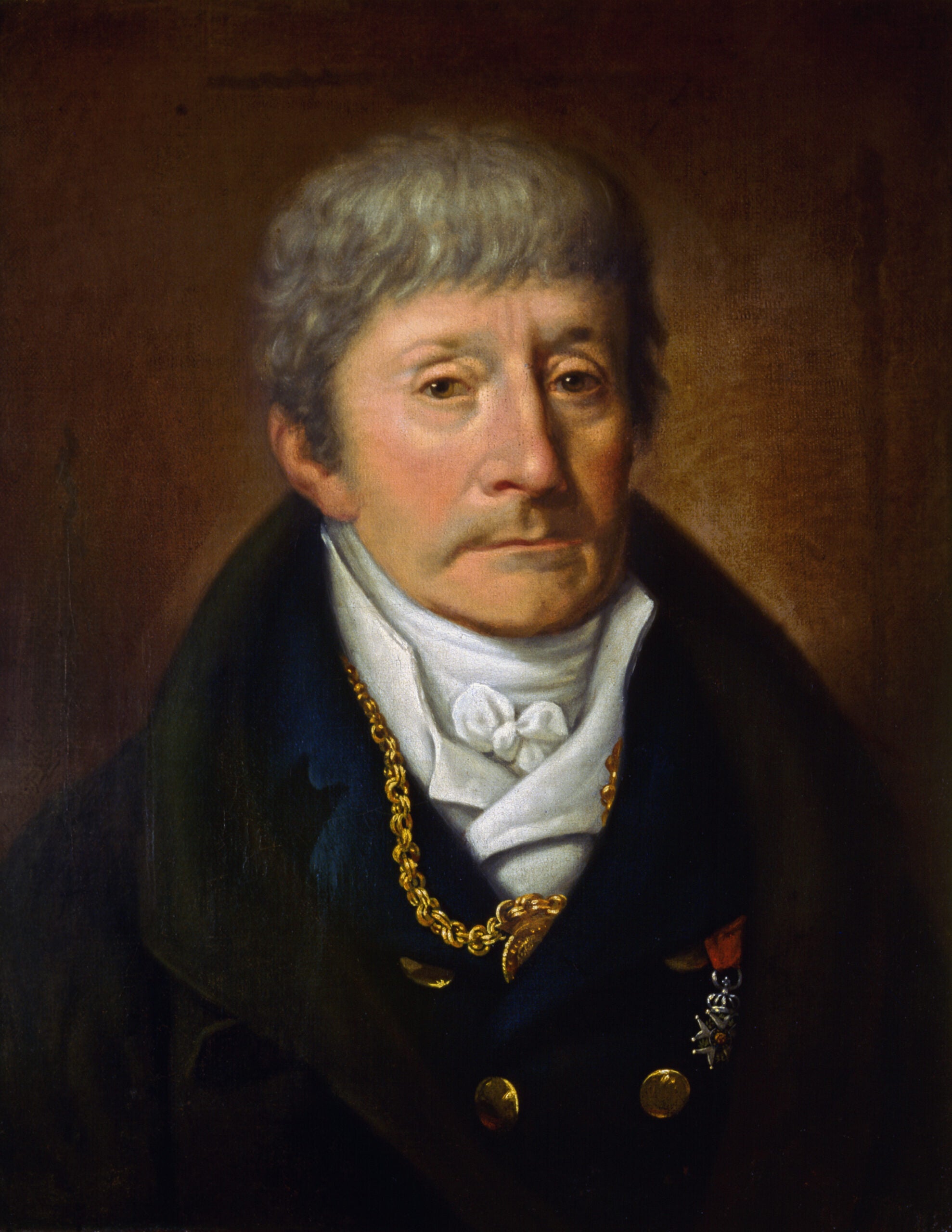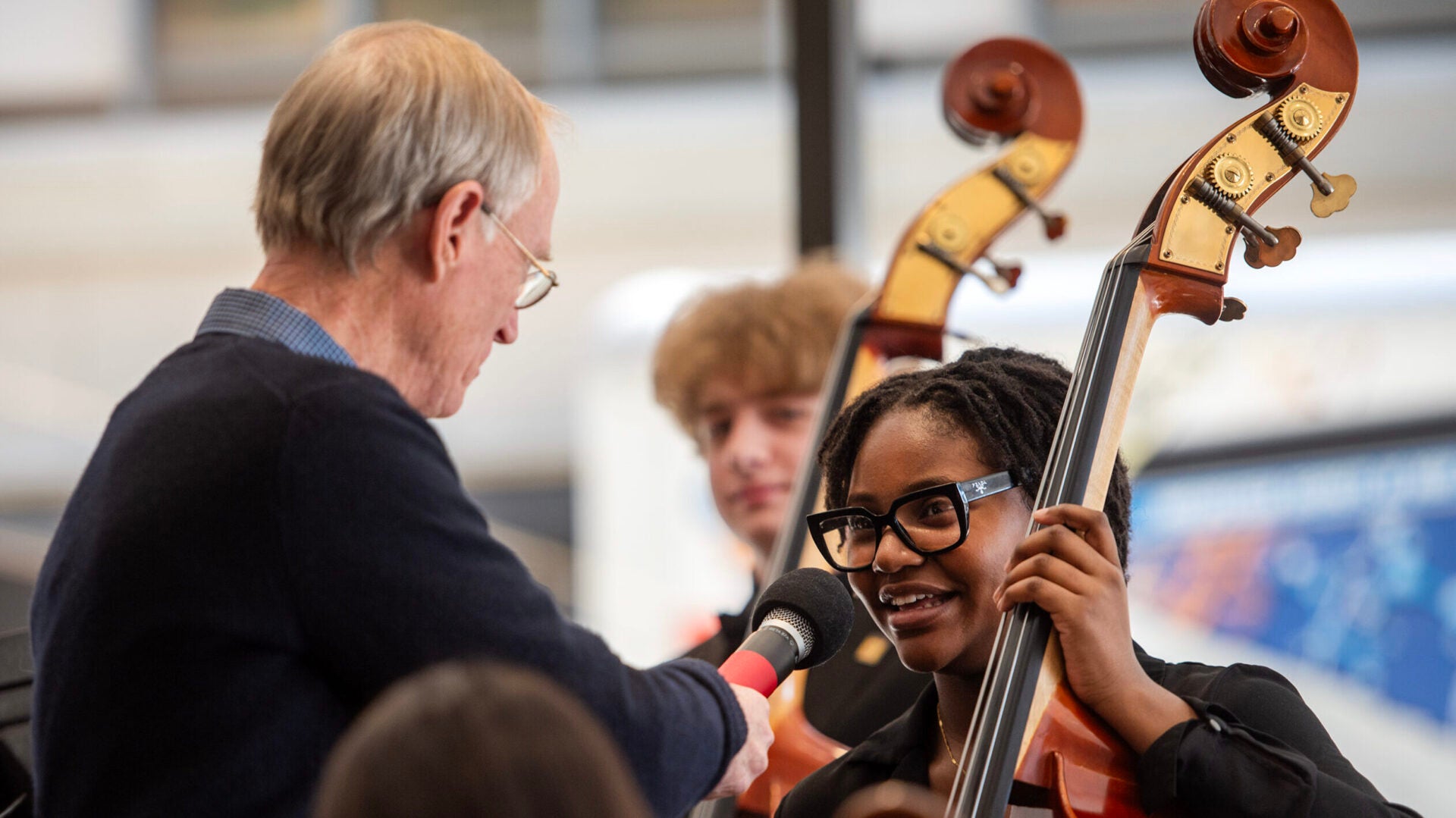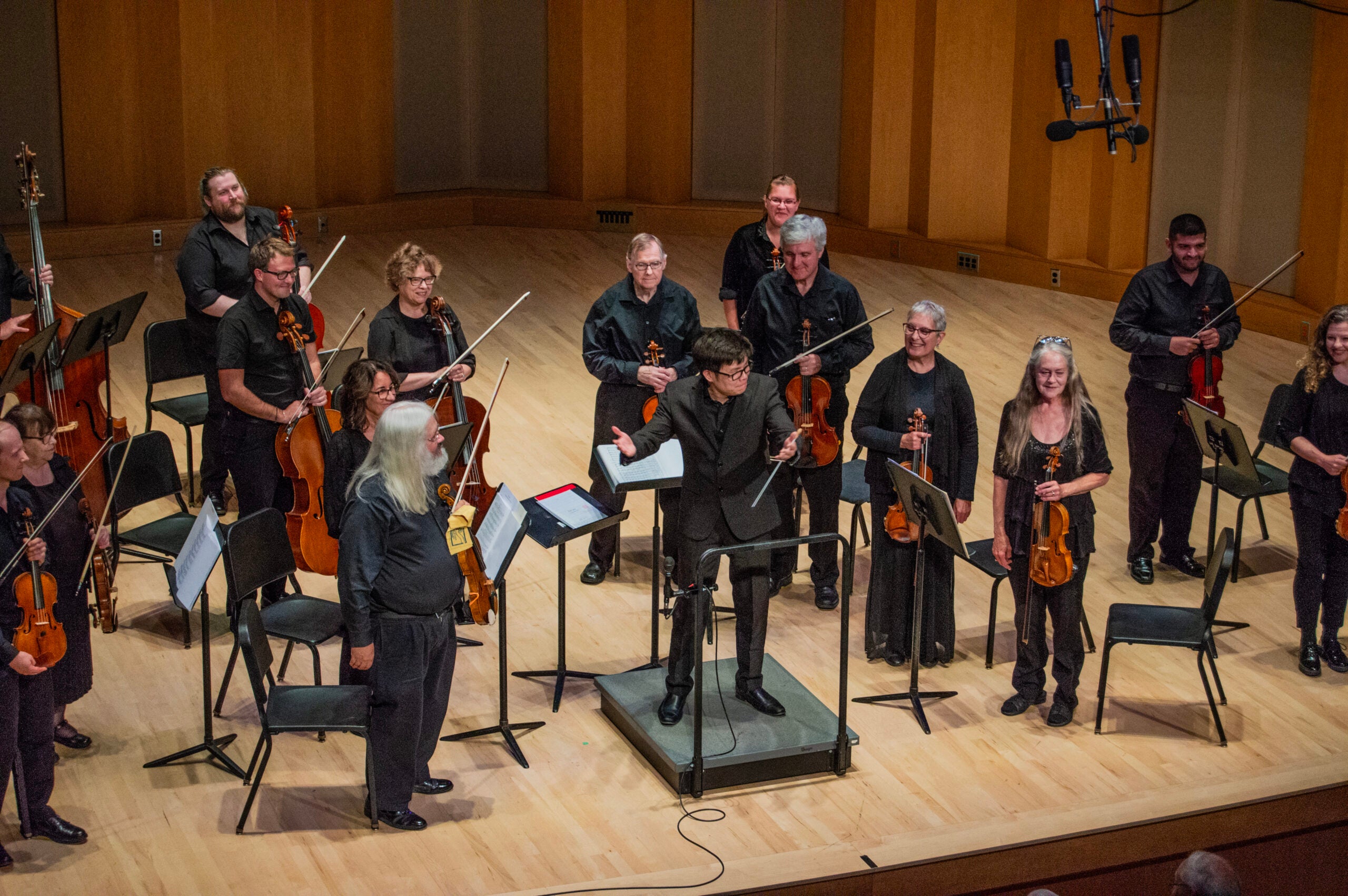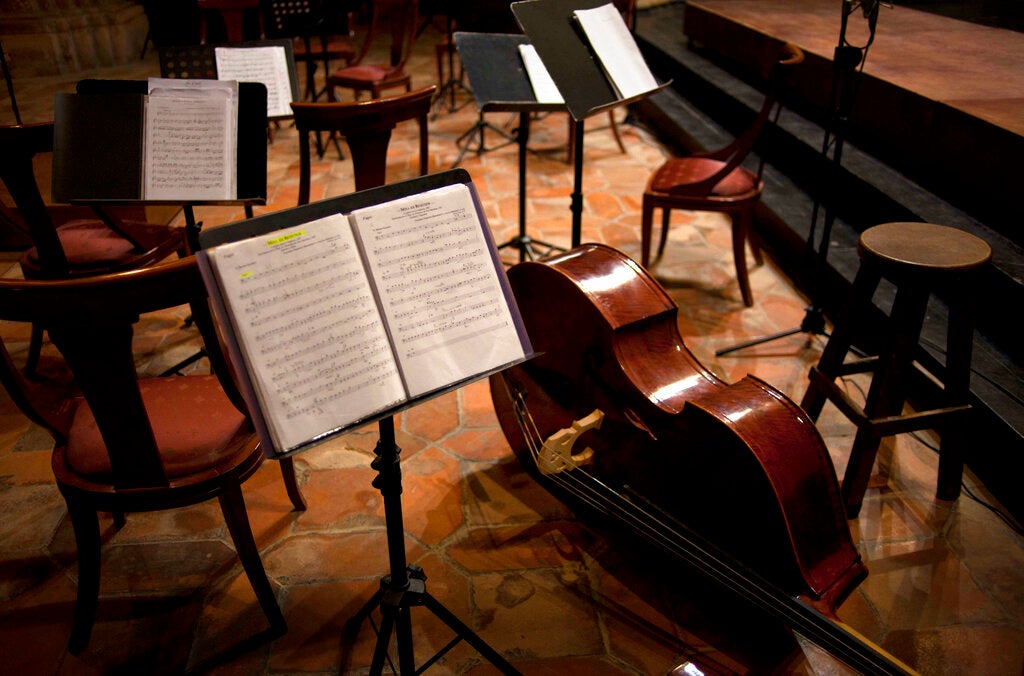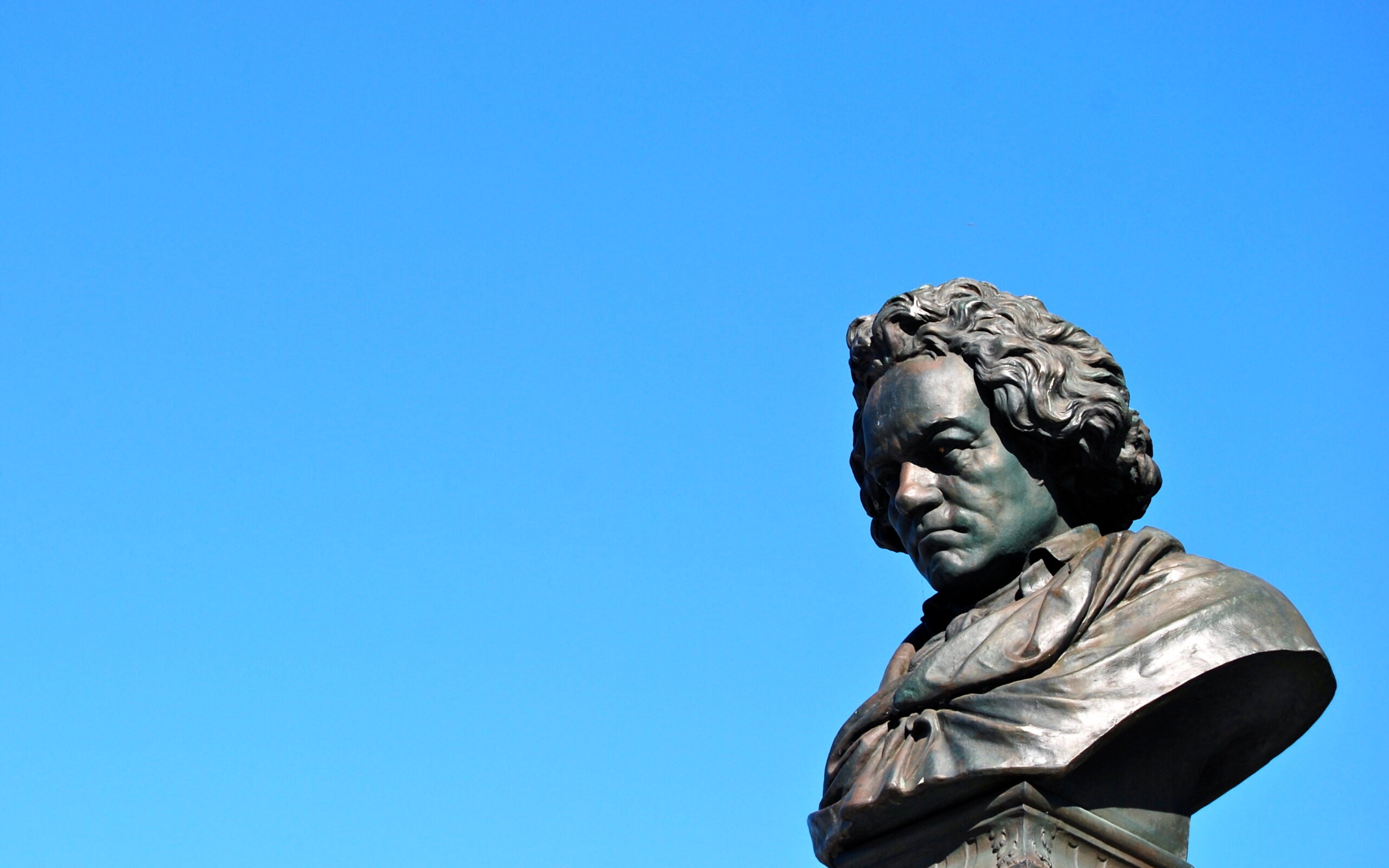He taught great composers—Beethoven, Hummel, Schubert, Liszt—and many others. But today Antonio Salieri is best remembered for something he probably didn’t do. He’s remembered for poisoning Mozart.
Peter Shaffer’s play and Milos Forman’s film Amadeus treat the poisoning story metaphorically, suggesting that the mediocre, jealous Salieri conspired to break the childlike genius Mozart physically and emotionally. Yet the rumor that Salieri literally poisoned Mozart persisted in Salieri’s own time and long after.
The first reports of Mozart’s death speculated that he had been poisoned but did not mention Salieri, though as early as 1803 Carl Maria von Weber learned of the accusations when he visited Salieri. From then on, Weber—who was related to Mozart’s wife—avoided all contact with Salieri. In the summer of 1822 when Rossini visited Vienna, he discussed the rumors jokingly with Salieri.
News with a little more humanity
WPR’s “Wisconsin Today” newsletter keeps you connected to the state you love without feeling overwhelmed. No paywall. No agenda. No corporate filter.
The next year, Salieri’s health took a turn for the worse, and with it, his reputation. Salieri suffered a physical and mental breakdown in the autumn of 1823, was admitted to the Vienna general hospital, and in a deranged state of mind, accused himself of having killed Mozart. Quickly rumors spread throughout Vienna. References to them appear in Beethoven’s conversation books of the time.
In a lucid moment Salieri defended himself against the rumors, saying to composer Ignaz Moscheles: “Although this is my final illness, I can say in good faith that there is no truth to the absurd rumor that I poisoned Mozart. It’s nothing but spite to tell the world that.”
Nonetheless, the poisoning rumor quickly got its biggest boost–in Russia. In 1830, five years after Salieri’s death, Alexander Pushkin wrote a miniature tragedy called Mozart and Salieri in which Salieri openly slips poison into Mozart’s glass. In 1898, Nikolai Rimsky-Korsakov used Pushkin’s drama as the basis for an opera of the same name. All the while, Mozart’s reputation continued to rise, while Salieri fell into obscurity. When Salieri’s music finally began to be performed again, it was inevitably linked with a legend that had gotten too big to stop. In the long run it was not Mozart, but Antonio Salieri who had been poisoned.
Wisconsin Public Radio, © Copyright 2026, Board of Regents of the University of Wisconsin System and Wisconsin Educational Communications Board.
